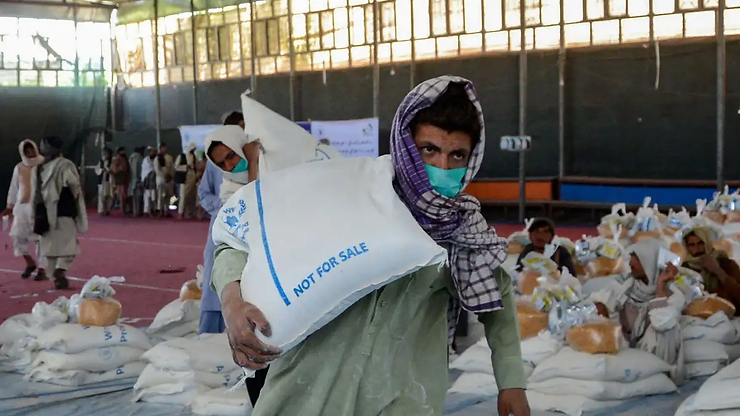By: Emma Ke
By now, most have heard about the war raging in Ukraine. The conflict has caused many problems worldwide. For example, fuel and food have shot up in Sri Lanka, while in Egypt many flour-related products have been scarce, and in Brazil fertilizer is becoming difficult for farmers to obtain.
But the most severe issue is the global food crisis, as Ukraine and Russia are two of the world’s top grain, cooking oil, and fertilizer producers. The recent invasion caused the prices of these foods and provisions to shoot up. As a result, the whole world has been thrown off track by the lack of these everyday essentials.
Even simple things like bread have become hard to find and purchase in many places. For example, the whole continent of Africa has been thrown into chaos, as Ukraine and Russia provide almost 40% of its wheat, leading to hunger and starvation in many African countries. Russia hopes to turn this suffering into an advantage, as the fear of famine in many parts of the continent has left it “vulnerable and weak.” Because of this, Russia hopes that it will be easier to convince many African counties to side with Russia instead of the U.S.
During the invasion, the U.S., Britain, and the European Union have all blamed Russia for the skyrocketing prices of simple foods like bread. Russia, meanwhile, claimed that the U.S. was at fault word the food shortage.
As a solution, Russia, the U.S., Turkey, and Ukraine have agreed that ships carrying grain and agricultural-related items from Ukrainian ports will have safe passage for 120 days (starting on July 22, 2022). The vessels will be monitored by the U.N., with representatives from Ukraine, Russia, and Turkey present.
The invasion has also caused much political drama, as countries like Egypt are torn between sides. Sameh Shoukry, an Egyptian diplomat, stated that the relationships between Egypt and Russia “are historical, characterized by friendship and branched out into many fields politically, economically and culturally.”
But Egypt also has a strong partnership with the U.S., because they both aim to keep peace, stability, and economic opportunity open. This makes it hard for Egypt to choose only “one side,” as it has connections to both the U.S. and Russia that it would like to maintain.
The war that has raged for about half a year has brought complicated problems to society. It has interrupted the peace of both politics and the economy. It is making life for many people difficult by making prices for necessities like oil and bread shoot up.











